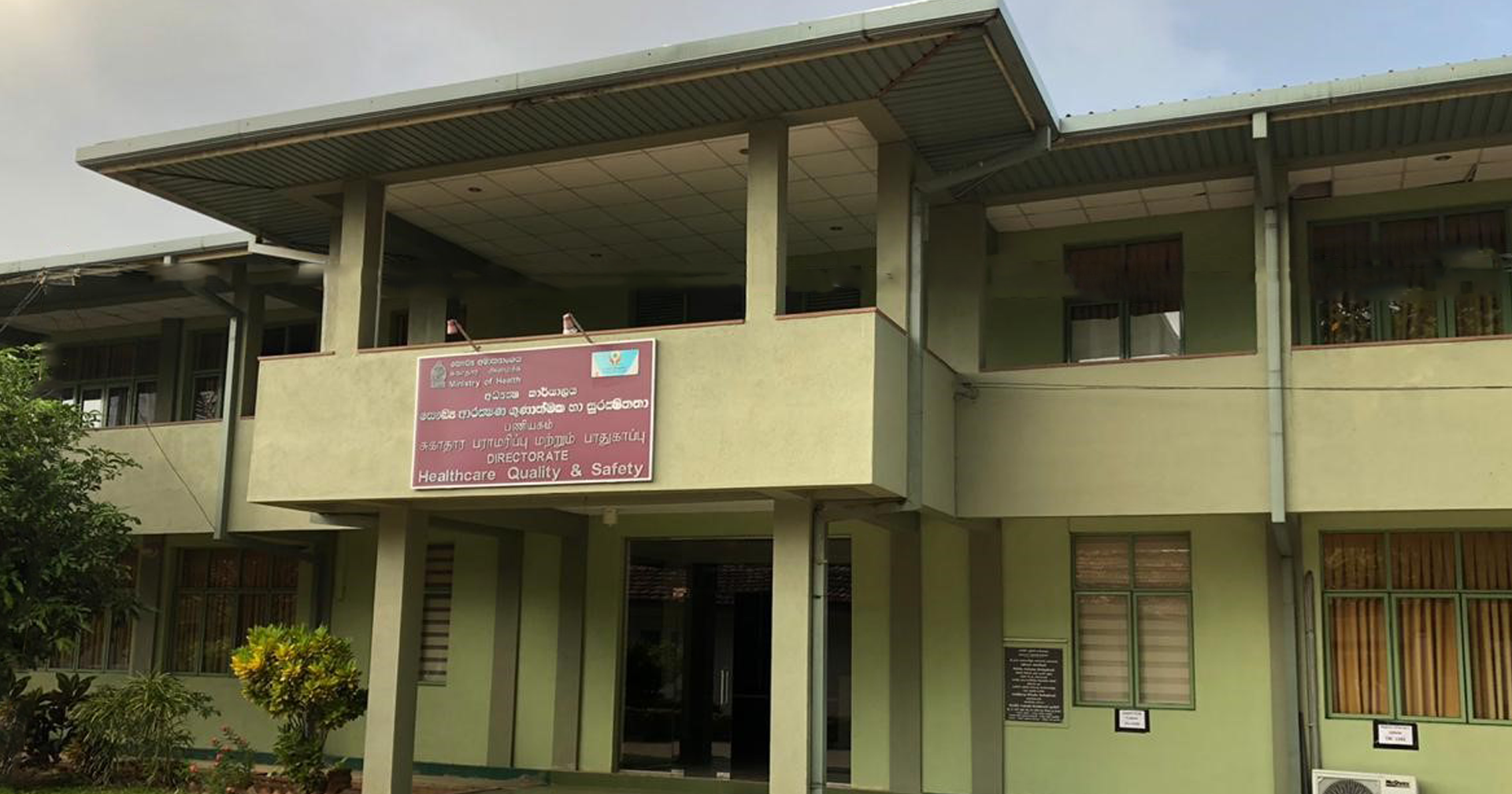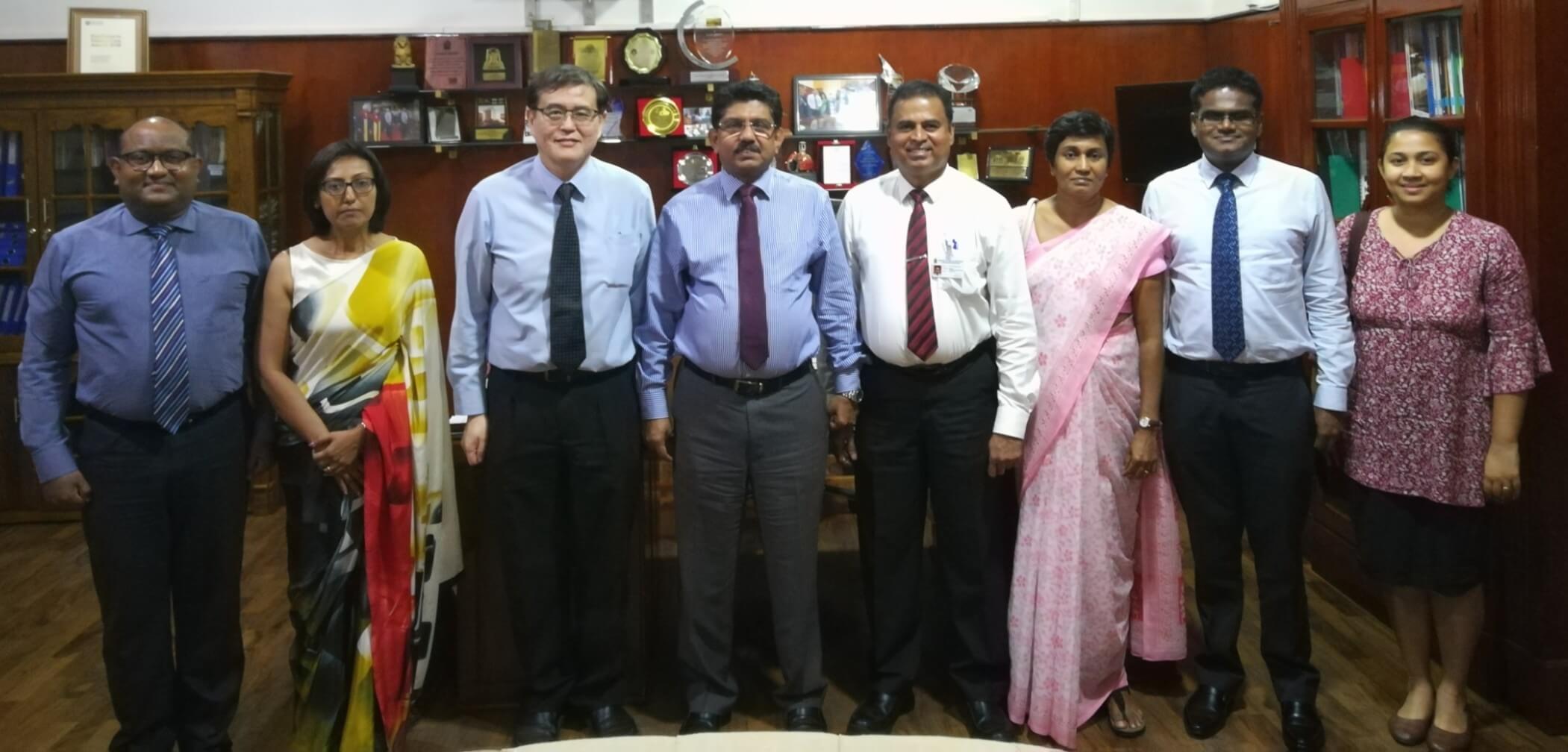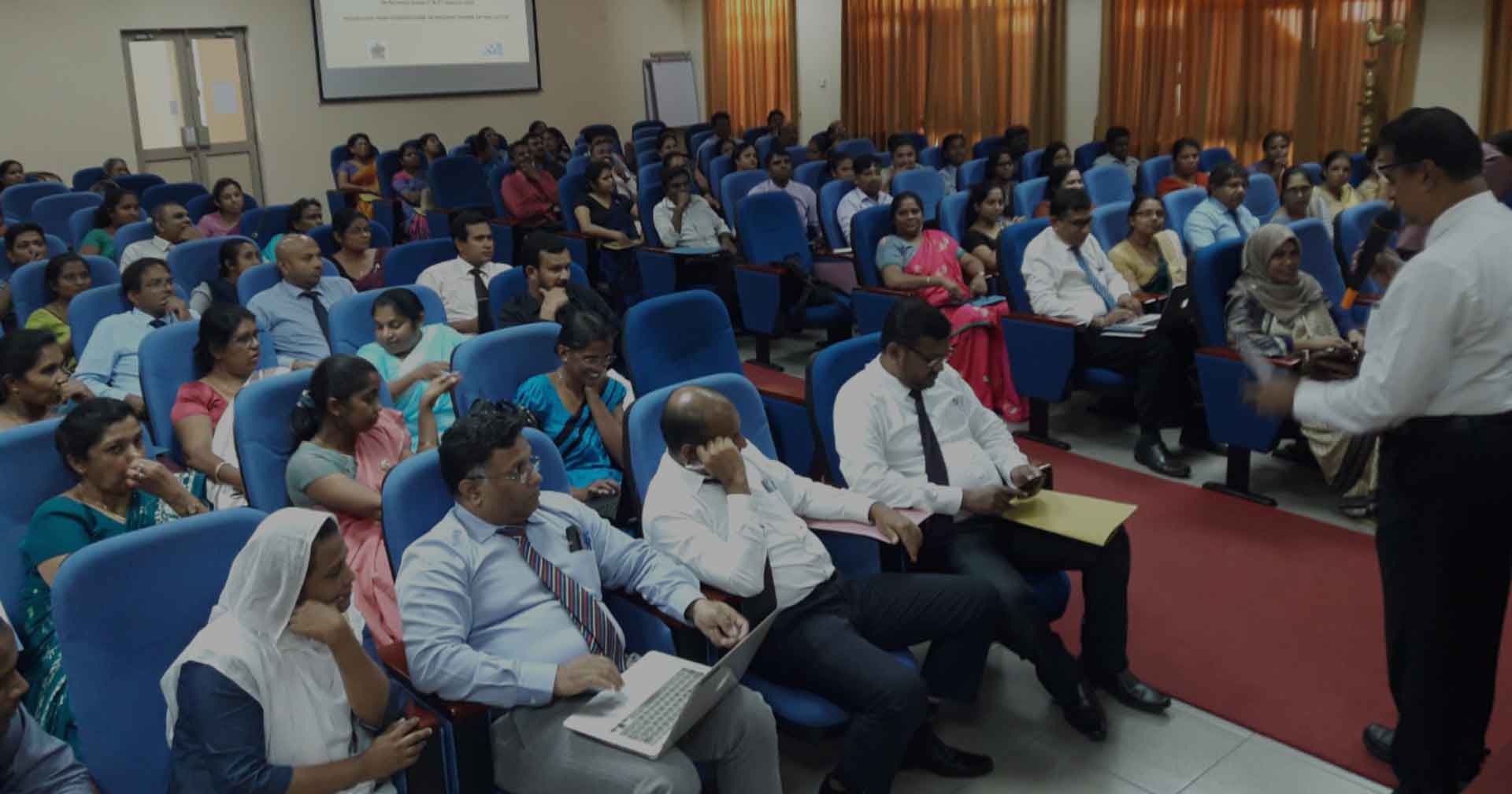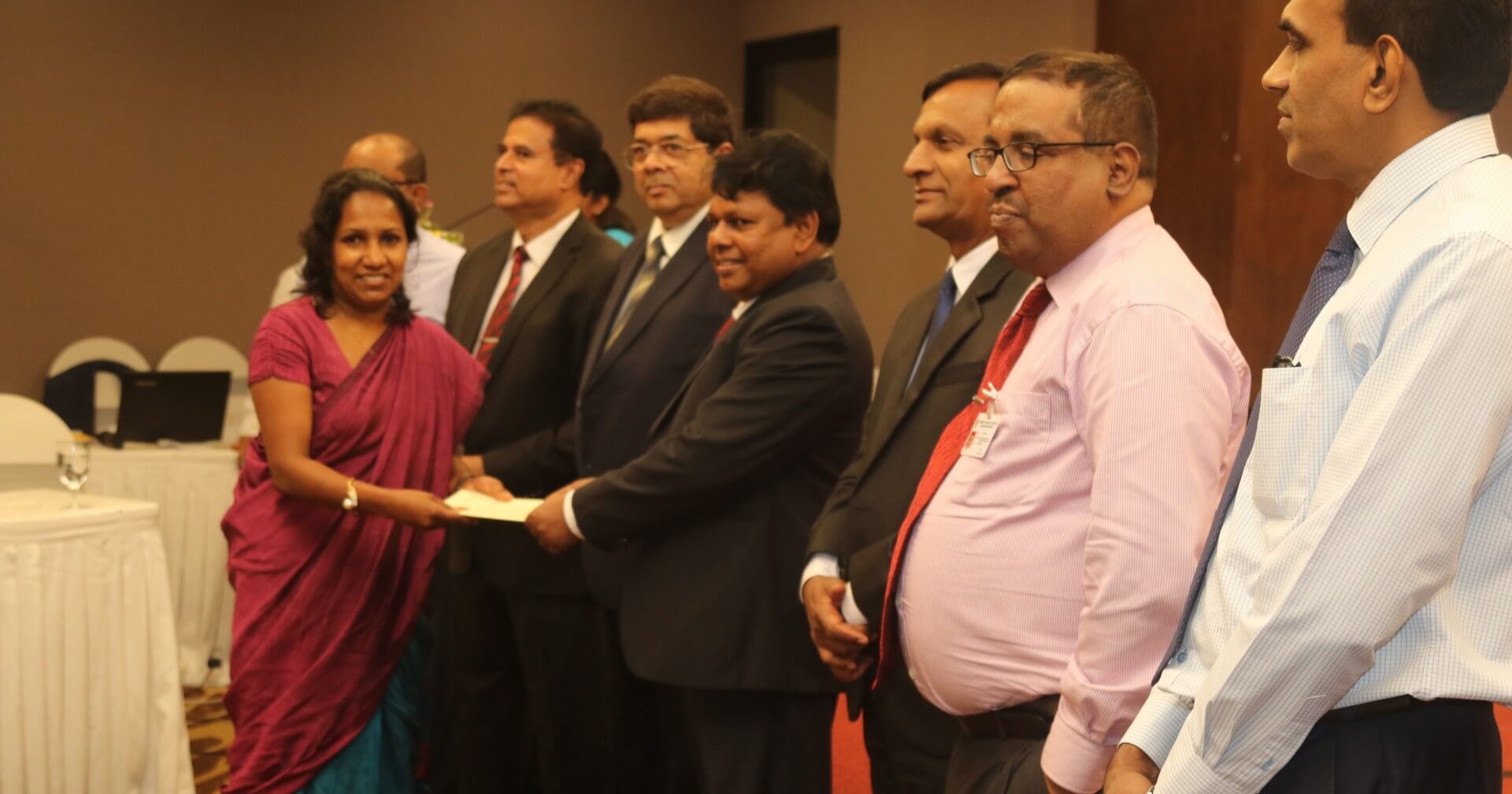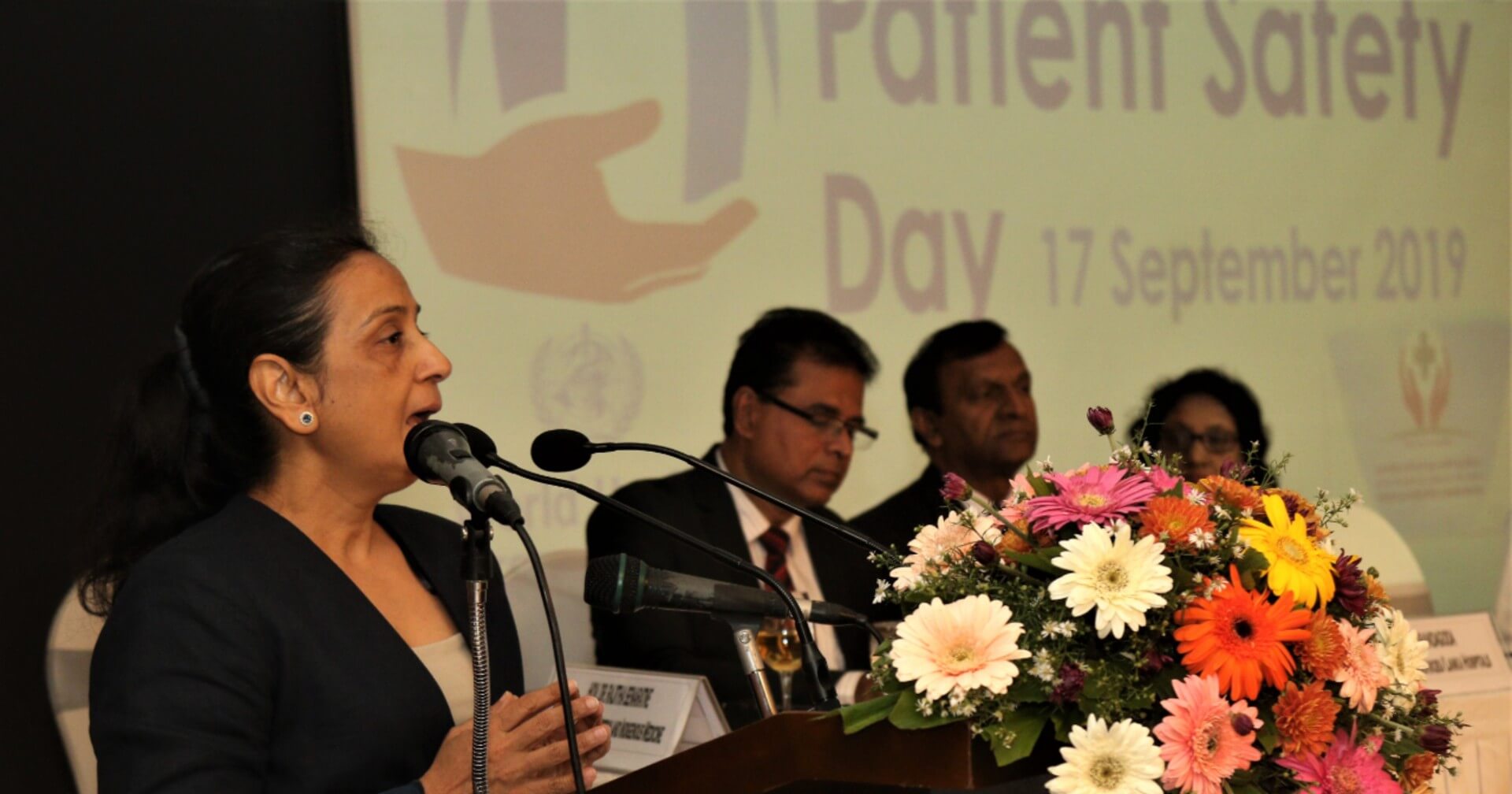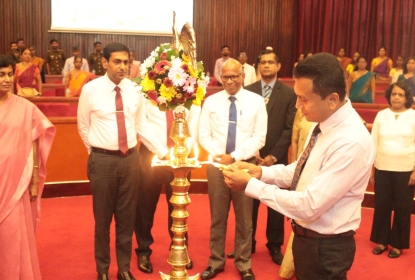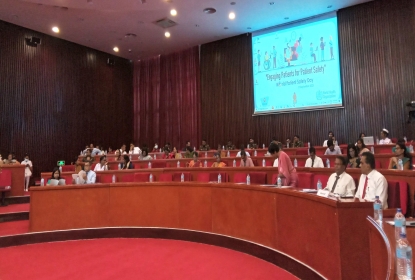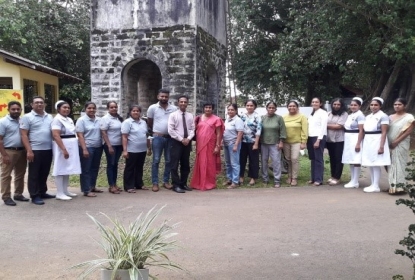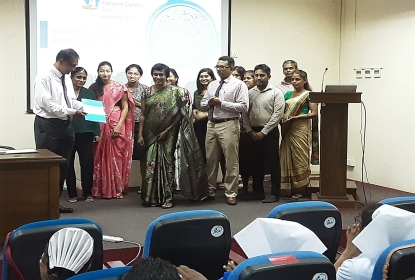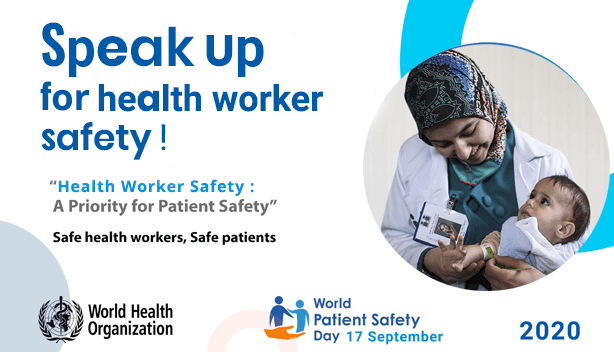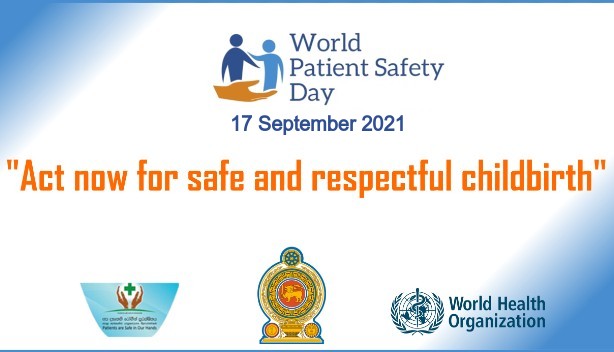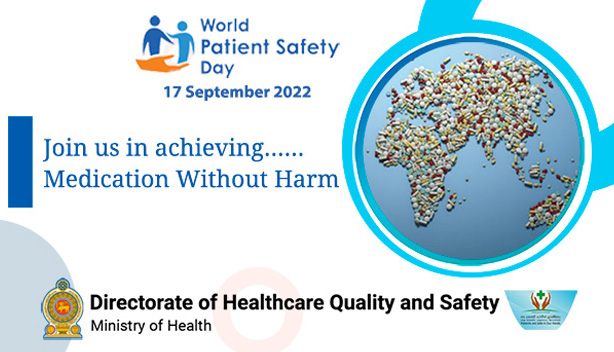Benefits of vaccination
1 Why should i get Vaccinated againts covid -19?
COVID-19 vaccines are reliably known to be very effective in preventing deaths, serious complications resulting from COVID and hospitalization due to COVID. Thus, it is extremely important that all persons eligible for vaccination get vaccinated at the earliest possible, as the main goal of vaccination is to greatly reduce deaths, disabilities and serious complications resulting from COVID-19.
Then, even if you do get infected with COVID after vaccination, it is very likely that you will only get mild disease symptoms or even have no manifestations of disease.
Vaccine Availability
2. Where can people access the vaccine and is it free?
Government offers COVID-19 vaccines free for everyone in Sri Lanka. You can get the vaccine available in your area from field clinics conducted by your Medical Officer of Health Office team, main hospitals in the area and walk in clinics conducted by Tri-forces and Police. Be vigilant as to when and where vaccination is conducted in your area.
3. Can I get the COVID-19 vaccine at the same time as other vaccines?
You usually need two weeks between COVID vaccination and any other vaccine.
Vaccine choice
4. When there is more than one vaccine, which vaccine should I take?
You should take the vaccine that your area is offered at the very first instance.All vaccines currently used in the Sri Lankan vaccination campaign have been demonstrated to be safe, effective and to be manufactured with high quality. We are fortunateto have access to the vaccine, at a time when the majority of people around the world have no way of getting any vaccine at all. When a vaccine is made available to you in your area of residence, that is the vaccine you should take and the best vaccine for you. The priority and need of the hour is to ensure you are protected against death and severe disease from COVID, at the earliest possible. All COVID vaccines used in Sri Lanka give you this protection.
5. What is the best vaccine against COVID-19?
All vaccines used in Sri Lanka are very effective in greatly reducing deaths, complications and serious illness arising from COVID-19. Thus, there is no best vaccine, when we consider the main goal of vaccination, which is reducing death, disability and serious disease.
Although different vaccines have different efficacy rates, these vaccines and efficacy rates cannot be compared, as the efficacies have been studied for different criteria. However, we can definitely say that all vaccines are greatly effective in preventing deaths and serious complications due to COVID. So, the vaccine available to you right now is the best vaccine for you.
6. Can I choose which vaccine to get?
The Government of Sri Lanka will offer you which ever vaccine has been made available to your area, at the time you walk in to the vaccination center. It is not possible to choose one vaccine over another. Currently available vaccines in Sri Lanka are delivered in two doses. Therefore, your second dose will need to be from the same brand of vaccine as the first (however, Pfizer can be offered as the 2nd dose to those who had the Covishield/AstraZeneca as the first dose in a situation of shortage of Covishield/ AstraZeneca).
7. Should I wait until a “better” vaccine is available or go ahead and get vaccinated now?
Currently only a few vaccines have completed initial clinical trials and have received WHO approval for emergency use. All of these vaccines which have been approved offer a lot of protection against severe disease, hospitalization and death. It is most important that prioritized and risk groups (eg- health workers, frontline workers, the elderly, those with chronic diseases and others who have been prioritized), get their vaccines immediately to safeguard themselves from severe disease and death, without waiting for a vaccine of their choice which they may perceive to be better.
With rising COVID case numbers and deaths, it is critically important that everyone gets vaccinated as soon as possible, without waiting even a day longer for a vaccine of their choice. Getting the currently available vaccine, as soon as it is offered to you, is your best chance of ensuring your health and safety against COVID-19.
Vaccine Side Effects
8. Are there any side effects from vaccination?
Like any medicine, vaccines can cause mild side effects, such as a low-grade fever, or pain or redness at the injection site. Mild reactions go away or get less within a few days (usually 2 days) on their own, but you can take Paracetamol in the recommended dose for these mild discomforts, if they do arise. Only some people will get these side effects also.
Severe or long-lasting side effects are extremely rare. Vaccines are continually monitored for safety, to detect rare adverse events.
9. If I don’t have any side effects does that mean that the vaccine will work less effectively for me?
No. Effectiveness of the vaccine and the immunity you have after vaccination is not determined by whether you have any side effects or not. Irrespective of having mild side effects or not, you will get high protection from any vaccine you get.
Myths / wrong beliefs about COVID vaccines
10. Can COVID vaccines causes infertility or any issues relatedto the reproductive system?
No, COVID vaccines do not cause infertility. This is a rumor related to many different vaccines and there is no truth to this at all. No vaccine currently used causes infertility or lowers fertility in either sex.
11. Canthe COVID vaccine change our DNA?
No, it cannot. Currently there are two mRNA vaccines, and there is absolutely no way that mRNA can turn into DNA. And there's no way that mRNA can change the DNA of our human cells. mRNA vaccines teach our cells how to produce a protein that will cause our body to react to and develop antibodies to the virus, if the virus enters your body after vaccination. These antibodies will protect you from the disease when you exposed to it.
12. Can someone get COVID-19 from the vaccine?
No. None of the vaccines contain live viruses, so it is not possible to be infected with COVID from the vaccine. Vaccines helps your immune system to recognize and fight against the disease, but they don’t cause infection.
If you have been already exposed to COVID and are infected, without your knowledge, at the time of taking the vaccine, you can then get COVID. However, this is not because of the vaccine, but because you have been already infected, or get infected before you get full possible protection after full vaccination (2 doses).
COVID infection and vaccination
13. If Ihavealready had COVID 19 infection do I still need to get vaccinated?
Yes, you need to be vaccinated regardless of whether you already had COVID-19. That is because experts do not know if you are protected from getting sick again through natural infection of COVID-19. Even if you have already recovered from COVID-19, it is possible, though rare, that you could be infected with the virus that causes COVID-19 again. Studies have shown that vaccination provides a strong boost in protection in people who have recovered from COVID-19.
You must get vaccinated any time after 2 weeks offull recovery from COVID infection(full recovery means when you are symptom free and discharged from the hospital).
You must also complete the recommended number of vaccine doses (2 doses for all vaccines currently being given in Sri Lanka).
14. Am I safe from COVID 19 infection immediately after vaccination?
No. It typically takes at least 2 weeks after vaccination for the body to build adequate protection (immunity) against the virus that causes COVID-19. You are not fully safe until at least 2 weeks after the second dose of a 2-dose vaccine.
What is needed after COVID vaccination?
15. Do I have to adhere to safety measures even after being fully vaccinated?
Yes. Even thoughCOVID-19 vaccines effectively prevent death and severe disease due to COVID-19, breakthrough infections can occureven among those fully vaccinated, thoughsuch infection is much less common than among those not vaccinated or incompletely vaccinated. Thus, it is extremely important that COVID preventive behaviors are adhered to prevent infection are continued even after full vaccination.
Spread of infection to others can also occur from those fully vaccinated (though they may not have any manifestation of disease and be completely asymptomatic due to their vaccine protection).
Also, those with weakened immune systems, including people who take immunosuppressive medications, may not be protected even if fully vaccinated. Therefore, you need to adhere to safety measures even if fully vaccinated. Thus, the continued practice of public health measures is very important for the safety of all, even after full vaccination and it is each person’s personal and social responsibility to get fully vaccinated and strictly practice health measures also after vaccination.
16. What activities can I do after vaccination?
All regular daily activities can be performed after vaccination, including having a bath and body wash. If you feel unwell after vaccination (e.g. fever, body aches), rest and take Paracetamol to relieve symptoms. Seek medical attention if any symptoms you are worried about lasts for more than two days.
Priority Groups for COVID-19 vaccination
17. Who can get a COVID-19 vaccine and how is the priority decided?
All the vaccines using in Sri Lanka are eligible to use above the age of 18 years. But currently on priority basis, all people aged 30 years and above only are eligible for the vaccine. The eligibility is based on risk status, COVID-19 situation in the particular geographic area and vaccine availability.
Health care staff and other frontline workers in the battle against COVID, the elderly (those aged 60years and above) and those with underlying chronic disease conditions have been prioritized globally, as these are groups which are more likely to be infected (frontline workers) or more likely to have severe disease following infection (elderly, those with underlying chronic disease).
Pregnant women in any trimester are currently eligible to obtain the COVID vaccine and are urgently requested to obtain vaccine at the earliest possible
COVID vaccination and pregnancy
18. What if I plan to become pregnant?
If you are planning to become pregnant, you can receive the vaccine. It will not affect your fertility or future pregnancy or impact your baby once you do conceive.
19. Do I need to take a pregnancy test before vaccination, to make sure I am not pregnant?
No. You can take the COVID vaccine without doing a pregnancy test. Even if you are pregnant, without your knowledge at this time, there is no current evidence showing that your baby will be negatively affected in such a situation.
20. Can I take the vaccine if I am pregnant?
Pregnant women aged 18 years and abovein any trimester can receive the vaccine. Those who are pregnant can currently obtain any of the COVID vaccines available in Sri Lanka except for the Sputnik V.
COVID vaccination and breastfeeding
21. Can I take the vaccine if I am breastfeeding?
Yes, you can get the vaccine and do not need to stop breastfeeding for any time duration. You can take any of the COVID vaccines available while breastfeeding.
Duration of protection from COVID vaccine
22. For how long will the vaccine protect people from COVID-19?
It is too early to know how long the protection from a vaccine will last. It is currently being researched and evaluated. Based on several research findings, vaccines don’t completely eliminate the risk of developing COVID-19. Due to several “Breakthrough’’ cases reported in local and International, this reminds us that we still need to practice COVID appropriate behaviors.
23. Do I need a booster shot if I’m fully vaccinated?
Not right now. But this may be needed in the future, if and when the research findings show that they are needed.
COVID vaccine and chronic disease
24. Should I take the vaccine if I am having a chronic disease/ Non Communicable Disease?
While it is very important that all eligible persons should take the vaccine at the earliest possible, there are two special categories of people for whom taking the vaccine is exceptionally important. These are;
- those aged 60 years and above
- those who have other underlying disease conditions such as diabetes, high blood pressure, diseases of lungs, heart & kidneys etc.
The reason why taking the COVID vaccine is extremely important for these persons is because they are those who are more likely to get severe disease or complications, if they do get infected with the COVID-19 virus. Also, both in Sri Lanka and globally it has been seen that fatalities are significantly higher among these two groups, which is why they are prioritized in vaccinations campaigns throughout the world.





